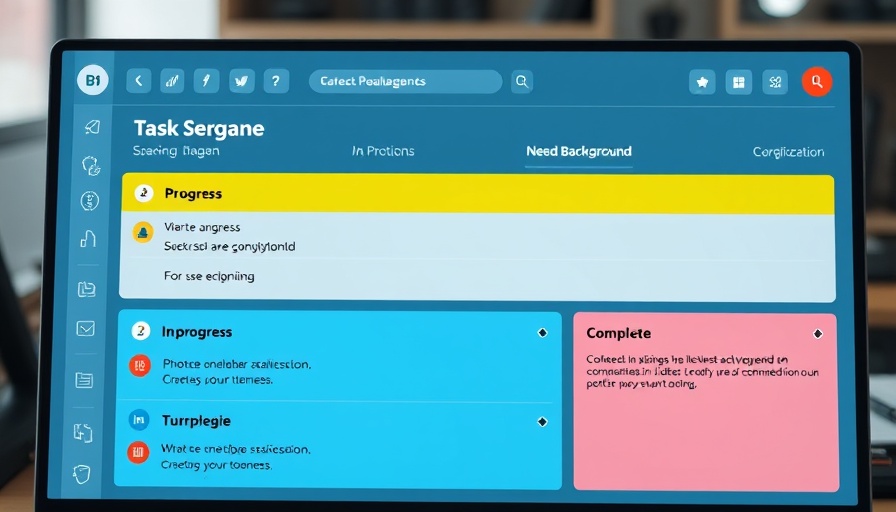
Why Every Food Truck Owner Needs a Business Plan
For aspiring and established food truck entrepreneurs alike, a comprehensive business plan is not just a formality; it's a roadmap to success. This document can help clarify your vision, guide your operations, and secure necessary funding. A well-structured business plan lays out your brand identity, target market, marketing strategies, financial projections, and operational processes, making it an indispensable tool for growth.
Key Components of a Successful Food Truck Business Plan
When crafting your food truck business plan, consider these essential sections:
- Executive Summary: Summarize your business concept, mission statement, and the core values that drive your operation.
- Market Analysis: Include a detailed observation of your target audience, competitive landscape, and market trends.
- Operations Plan: Outline the workflows and processes necessary for daily operations, including staffing, sourcing ingredients, and food preparation.
- Financial Projections: Provide an overview of your anticipated expenses, revenue streams, and profitability timelines.
The Importance of Collaboration and Software Tools
In the dynamic realm of food trucks, collaboration is key. Utilizing project management and software tools can streamline various aspects of your business, from product development to order management. Implementing tools like ClickUp can enhance workflows by allowing your team to collaborate effectively, manage tasks, and stay organized amid the fast-paced nature of mobile dining.
Actionable Insights for Success
Here are a few actionable tips to ensure your business plan remains effective:
- Regularly update your business plan to reflect changes in your market or operations.
- Utilize checklists and diagrams to clarify complex processes for newer team members.
- Engage with online communities of food truck owners to share insights and improve your strategies.
Future Outlook: Evolving Trends in the Food Truck Industry
The food truck industry continues to evolve, making it crucial for operators to stay ahead of trends like sustainable food sourcing, technology integration, and consumer preferences. By incorporating these elements into your business planning, you'll not only meet customer expectations but also position your brand for long-term success.
Concluding Thoughts
Creating a detailed business plan is your first step in launching a thriving food truck business. By understanding your market, refining your operations, and embracing technology, you set yourself on a path to scale efficiently and effectively. If you're ready to take your food truck venture to the next level, start crafting your business plan today!
 Add Row
Add Row  Add
Add 



Write A Comment